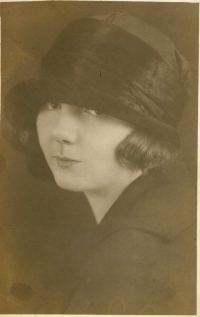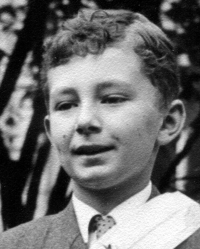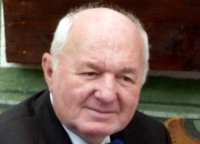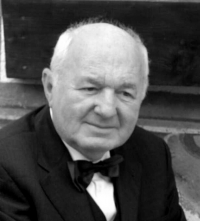Both German and Czech socialism had really harsh consequences
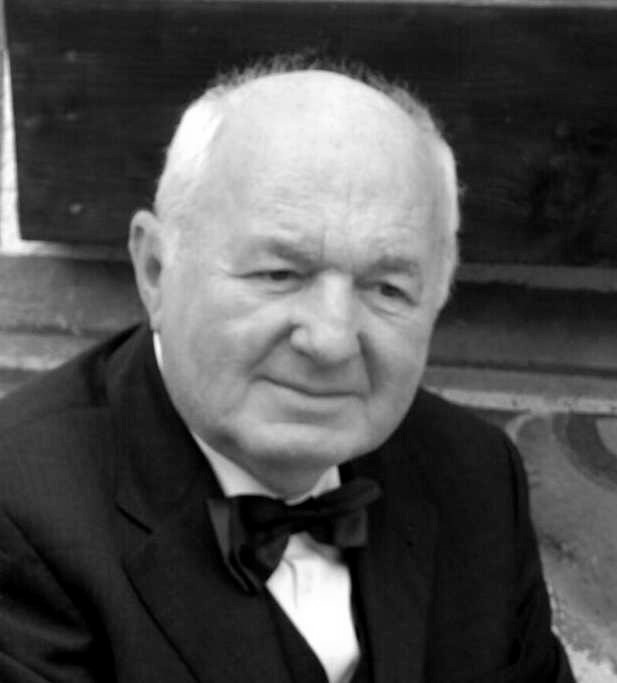
Download image
Miroslav Václav Steiner was born on November 18, 1938 in Jihlava into a mixed Czech-Jewish trade family. Father Ludvík Steiner was arrested before Christmas in 1940 for his involvement in the resistance group Defense of the Nation. He ended up in the Nazi concentration camp in Auschwitz, where he died in October 1941. Since the age of two, Miroslav grew up only with his mother and siblings. The family had to leave their home in a villa and lived in a one-room apartment. His older brother Josef Steiner had to board a transport to the Terezín ghetto in 1944, from where he was deported to Auschwitz and Dachau, where he died at the end of 1944. Many of his father’s relatives died in concentration camps, only the youngest father’s sister Olga survived the war in hiding, in 1962, however, she succumbed to pressure from the State Security and committed suicide. After finishing secondary school, Miroslav studied electrical engineering in Prague and began working as a technician at the Institute of Technical Physics of the Czechoslovak Academy of Sciences. He graduated from the Faculty of Electrical Engineering at the Czech Technical University while employed, and graduated in 1964. He enjoyed working at the Academy and was successful in it. Another major turning point in his life was the occupation of our country by Warsaw Pact troops on August 21, 1968. He emigrated with his wife and two children to the Federal Republic of Germany. Due to leaving the republic he was sentenced in Czechoslovakia for two years unconditionally and to forfeit all property. In Germany, Miroslav continued his scientific work, devoting his life to physics and electronics, working on many important projects and collaborating with leading scientists of his time.

